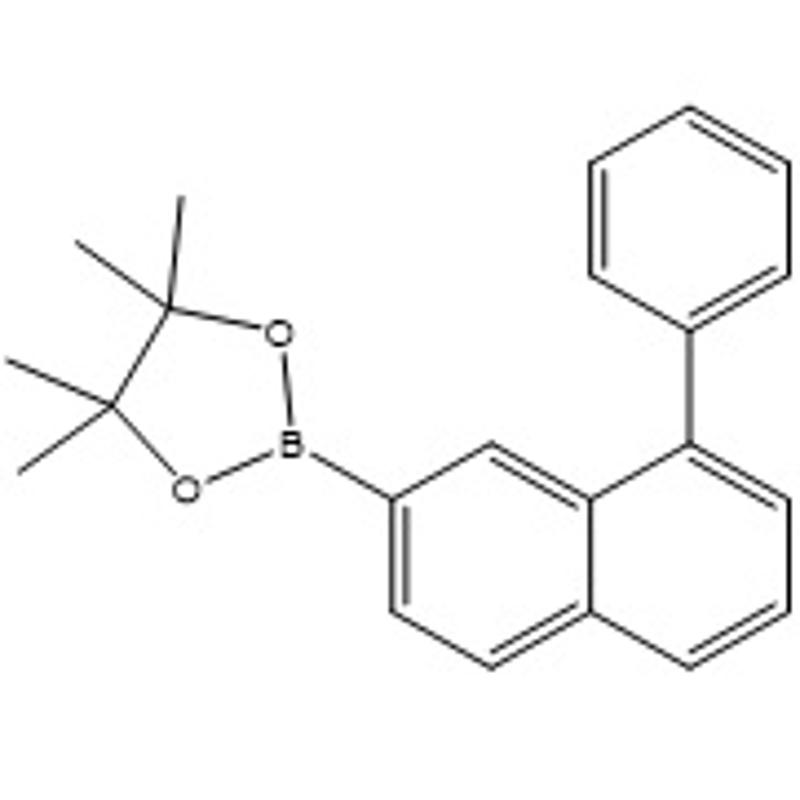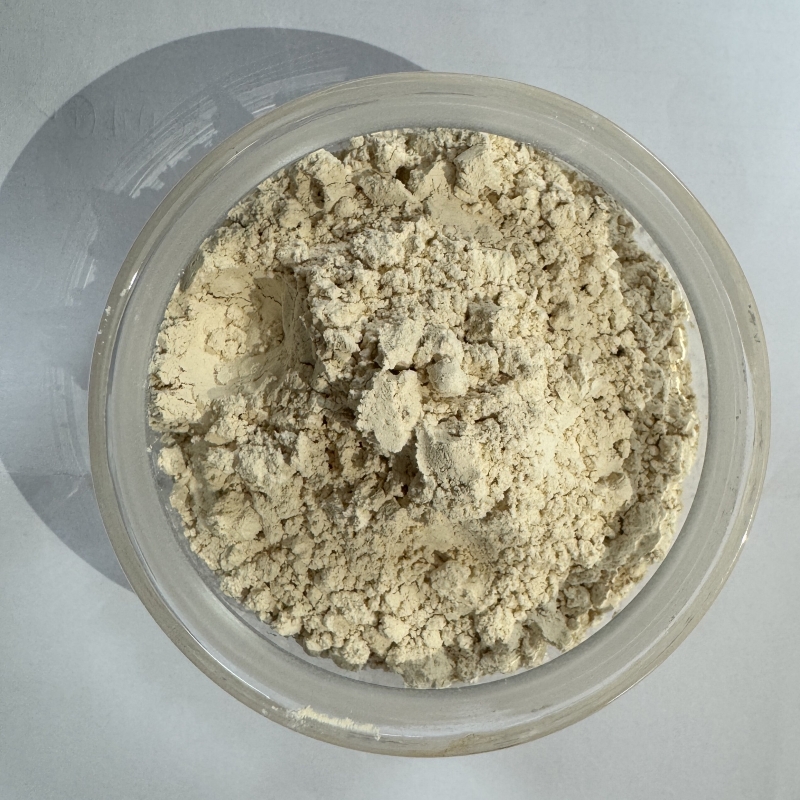-
Categories
-
Pharmaceutical Intermediates
-
Active Pharmaceutical Ingredients
-
Food Additives
- Industrial Coatings
- Agrochemicals
- Dyes and Pigments
- Surfactant
- Flavors and Fragrances
- Chemical Reagents
- Catalyst and Auxiliary
- Natural Products
- Inorganic Chemistry
-
Organic Chemistry
-
Biochemical Engineering
- Analytical Chemistry
-
Cosmetic Ingredient
- Water Treatment Chemical
-
Pharmaceutical Intermediates
Promotion
ECHEMI Mall
Wholesale
Weekly Price
Exhibition
News
-
Trade Service
7-Methoxy-isoquoline is a chemical compound that is commonly used in the production of various pharmaceuticals and agrochemicals.
It is also used as a research chemical for scientific studies.
The chemical industry involves the manufacturing of various products that are used in different sectors, including agriculture, pharmaceuticals, cosmetics, and many more.
The production of 7-methoxy-isoquoline follows a well-defined process that involves several steps, from the procurement of raw materials to the final product.
Upstream and Downstream Products
The production of 7-methoxy-isoquoline involves both upstream and downstream products.
The upstream products are the raw materials that are used to produce the final product.
The downstream products are the final products that are produced using the upstream products.
In the case of 7-methoxy-isoquoline, the upstream products include the raw materials required for its production, such as raw hides, skins, and others.
The downstream products include pharmaceuticals, agrochemicals, and research chemicals.
Raw Materials
The production of 7-methoxy-isoquoline involves several raw materials, including raw hides and skins.
These raw materials are sourced from various animal species, such as cows, pigs, and others.
The hides and skins are processed to remove any impurities and are then treated with various chemicals to soften them.
The treated hides and skins are then used as the starting material for the production of 7-methoxy-isoquoline.
Other raw materials that are used in the production of 7-methoxy-isoquoline include chemicals such as sodium hydroxide, hydrochloric acid, and others.
Production Process
The production of 7-methoxy-isoquoline involves a well-defined process that is carried out in several steps.
The process involves the treatment of raw hides and skins with various chemicals to remove any impurities.
The treated hides and skins are then hydrolyzed to extract the protein.
The protein is then treated with various chemicals to convert it into a form that can be used for the production of 7-methoxy-isoquoline.
The final product is then purified and dried to remove any impurities.
Quality Control
The production of 7-methoxy-isoquoline involves strict quality control measures to ensure that the final product meets the required quality standards.
The quality control measures include testing the product for its purity, potency, and other properties.
The testing is done at various stages of the production process to ensure that the product meets the required standards.
If the product does not meet the required standards, it is rejected and the production process is started again.
Downstream Products
The final product of 7-methoxy-isoquoline is used in the production of various pharmaceuticals, agrochemicals, and research chemicals.
The downstream products are produced using the final product as a starting material.
The production of these downstream products involves various chemical reactions that convert the final product into the desired product.
The downstream products are then purified and dried to remove any impurities.
Pharmaceuticals
7-methoxy-isoquoline is used in the production of various pharmaceuticals, including anti-tumor drugs, anti-malarial drugs, and others.
The production of these drugs involves the use of 7-methoxy-isoquoline as a starting material.
The drug production process involves various chemical reactions that convert the 7-methoxy-isoquoline into the desired drug.
The final product is then purified and dried to remove any impurities.
A







